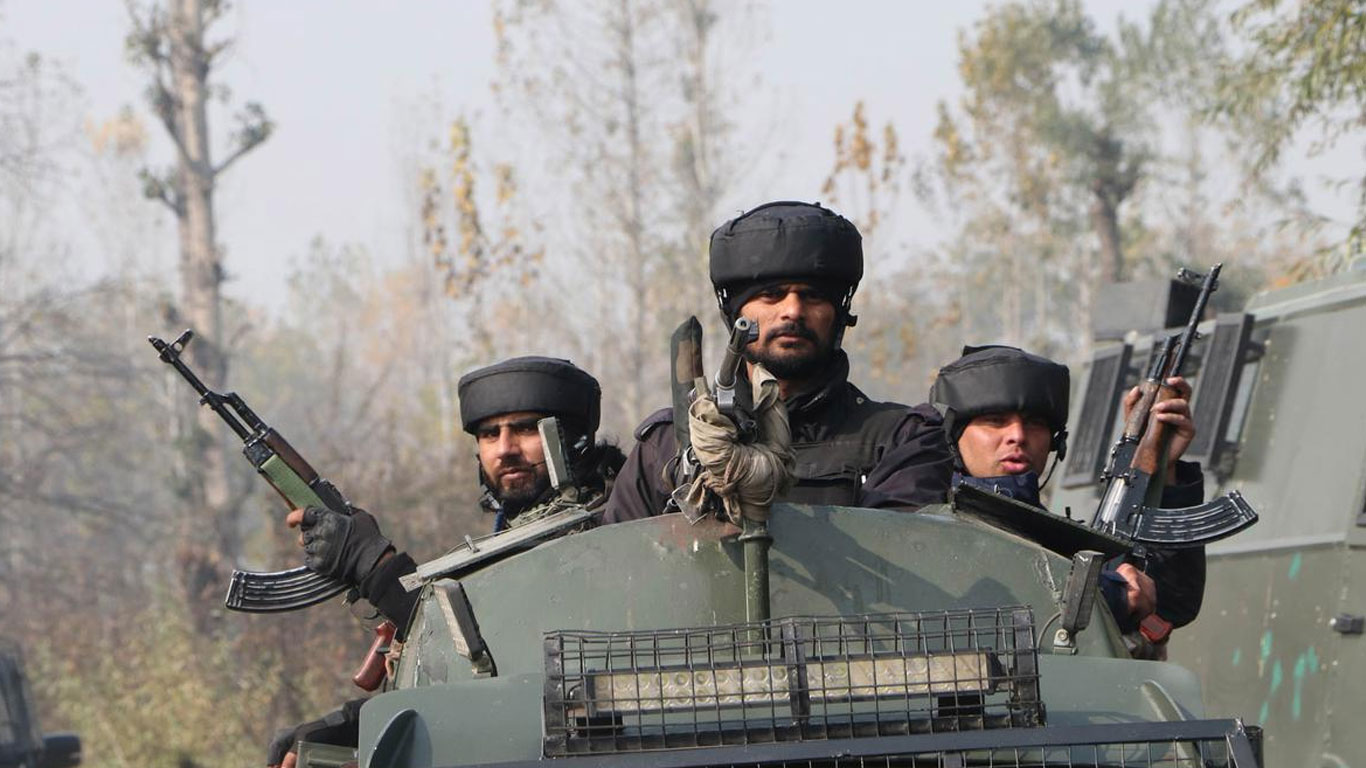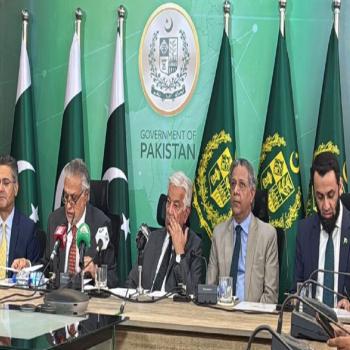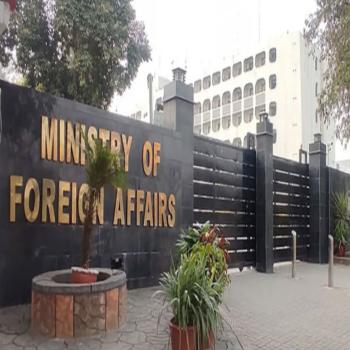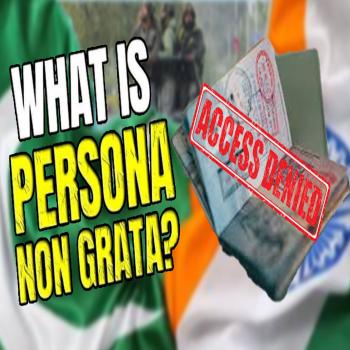Defence analysts on Wednesday raised concerns over the recent attack in Pahalgam, a hill station in Indian Illegally Occupied Jammu and Kashmir (IIOJK), which resulted in the deaths of 26 tourists, including a navy officer.
Some experts suspect the incident may have been part of a deliberate false flag operation by India.
The attack occurred on Tuesday in the Baisaran valley of Pahalgam, leaving 17 individuals injured. Among the deceased, there were 25 Indian nationals and one Nepalese citizen, according to police reports. The tragedy marks the worst attack on civilians in India since the 2008 Mumbai shootings, disrupting Kashmir's period of relative calm amidst flourishing tourism as insurgency movements have declined in recent years.
Brigadier (retd) Ahmed Saeed Minhas lashed out at Indian media organisations for quickly blaming Pakistan without providing evidence, stressing that the attack had taken place 400 kilometres within IIOJK. Commenting on Geo News, he stressed Pakistan's diplomatic maturity with its earlier self-control in repatriating held Indian pilot Abhinandan in 2019 as a pointer to this diplomatic maturity.
Read more: India suspends Indus Waters Treaty, closes border with Pakistan
Another defence expert, Brigadier (retd.) Rashid Wali, raised questions about India's version, observing how propaganda against Pakistan was initiated right after the attack. He warned India against impulsive actions, saying any retaliatory efforts would result in embarrassment, like in the case of Balakot.
Former senator and foreign affairs expert Mushahid Hussain Syed condemned India's tendency to blame Pakistan following terror incidents. He referred to it as an "automated response" designed to divert attention from domestic issues, comparing the current attack to past incidents like the Jaffer Express tragedy.
National security expert Syed Muhammad Ali opined that the so-called "false flag operation" by India is intended to tarnish Pakistan, Islam, and Kashmiri activists and downplay international pressure regarding trade issues with the United States.
Read also: Dar vows robust legal and diplomatic response to Indian aggression
Meanwhile, Pakistan expressed concern over the loss of lives in the attack. Foreign Office spokesperson Shafqat Ali Khan shared condolences with the families of the victims and wished for the swift recovery of the injured.
The little-known group "Kashmir Resistance" claimed responsibility for the attack in a social media post, alleging grievances over demographic changes in the region. They cited the settlement of over 85,000 outsiders as a cause for their discontent.
Know more: India’s Indus Water Treaty suspension violates international law
The attack has reignited tensions surrounding India’s 2019 revocation of Kashmir’s special status, which split the state into two federally administered territories—Jammu and Kashmir, and Ladakh. This move allowed outsiders to secure jobs and land, worsening ties with Pakistan and fuelling animosity between the nuclear-armed neighbours.
Traveller-focused attacks in IIOJK are still few and far between, the last major one taking place in June 2024 when nine Hindu pilgrims were killed and 33 wounded after a bus fell into a gorge after being ambushed.
In response to the attack, Indian Prime Minister Narendra Modi pledged to intensify action against terrorism, while former US President Donald Trump expressed full solidarity with India in securing the perpetrators. EU chief Ursula von der Leyen also criticised the attack, with other world leaders showing unity with India.






